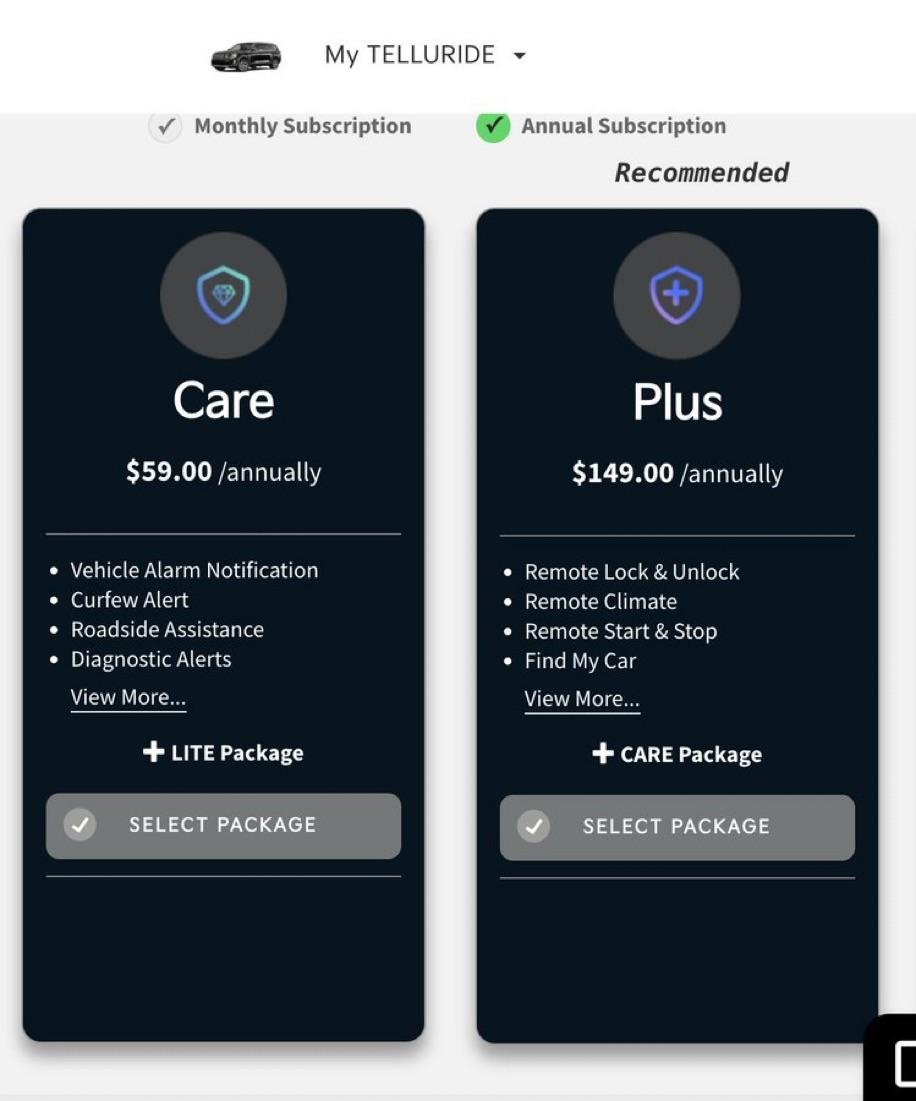this post was submitted on 21 Jan 2024
1007 points (96.0% liked)
Piracy: ꜱᴀɪʟ ᴛʜᴇ ʜɪɢʜ ꜱᴇᴀꜱ
55072 readers
476 users here now
⚓ Dedicated to the discussion of digital piracy, including ethical problems and legal advancements.
Rules • Full Version
1. Posts must be related to the discussion of digital piracy
2. Don't request invites, trade, sell, or self-promote
3. Don't request or link to specific pirated titles, including DMs
4. Don't submit low-quality posts, be entitled, or harass others
Loot, Pillage, & Plunder
📜 c/Piracy Wiki (Community Edition):
💰 Please help cover server costs.
 |
 |
|---|---|
| Ko-fi | Liberapay |
founded 2 years ago
MODERATORS
you are viewing a single comment's thread
view the rest of the comments
view the rest of the comments


What about people that don't live in the city where public transportation between towns is trash?
Don't you think it's interesting that even though the vast majority of car trips are a single person going less than a mile, every time someone brings up bikes the rebuttal is always "what if I need to move my family of 16 and their refrigerator 800 miles in freezing rain!?"
The US was built on rail. The infrastructure could be fixed. It's a choice not to fix it. It would be better to put in energy to fixing this than creating an open source way to access a proprietary transit system. Infrastructure is the problem, car vendors are just exploiting it.
Edit: correction, 52% of trips in the US in 2021 were under 3 miles and 28% are under a mile according to US DoE (https://www.energy.gov/eere/vehicles/articles/fotw-1230-march-21-2022-more-half-all-daily-trips-were-less-three-miles-2021). 2% we're over 50 miles. Over 60% were under 5 miles, which is still pretty easy with an eBike given functional infrastructure.
Yeah, but I'm not from the US, I'm from a small town in Europe, you can put "all that effort" in both places at the same time because they are 2 completelly different problems
They aren't two completely different problems, they're in direct opposition. Making cars more tolerable increases demand for cars. Improving mass transit and bike infrastructure decreases demand. One is sustainable, the other is not.